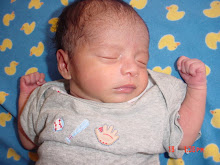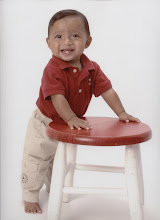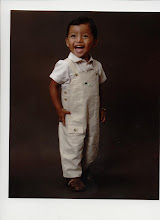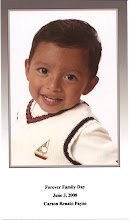EMOTIONAL DEVELOPMENT
likes to imitate parents' actions
begins to show signs of independence; says "no"
has difficulty sharing
very possessive
finds it difficult to wait and wants things right now!
gets angry sometimes and has temper tantrums
acts shy around strangers
comforts a distressed friend or parent
refers to self by name
uses the words "me" and "mine"
enjoys looking at picture books
tries to do many things by himself
enjoys adult attention
enjoys simple pretend play like wearing hats and talking on phone
enjoys exploring, gets into everything, and requires constant supervision
generally unable to remember rules
often gets physically aggressive when frustrated - slaps, hits
shows affection by returning a hug or kiss
may become attached to a toy or blanket
INTELLECTUAL DEVELOPMENT
has a vocabulary of several hundred words, including names of toys
uses 2-3 word sentences
echoes single words that are spoken by someone else
talks to self and "jabbers" expressively
shows preferences between toys
likes to choose between two objects
hums or tries to sing
listens to short rhymes or fingerplays
points to eyes, ears, or nose when asked
uses the words "please" and "thank you" if prompted
enjoys singing familiar songs
PHYSICAL DEVELOPMENT
weight: 20-32 pounds
height: 30-37 inches
walks well
likes to run, but can't always stop and turn well
drinks from a straw
feeds self with a spoon
helps wash hands
stacks 2-4 blocks
tosses or rolls a large ball
opens cabinets, drawers, and boxes
bends over to pick up toy without falling
walks up steps with help
takes steps backward
enjoys sitting on and moving small-wheeled riding toys
begins to gain some control of bowels and bladder; complete control may not be achieved until around age 3. (Boys often do not complete toilet learning until age 3-1/2.)
IDEAS FOR CAREGIVERS
Enjoy dancing with children to music with different rhythms. Provide simple musical instruments such as a rattle or an oatmeal box drum. Now is a good time to teach children simple fingerplays such as "Eensy Weensy Spider."
Talk with children about everyday things. After 18 months, language development seems to explode. Children will be learning new words at a very rapid rate.
Read simple books with children every day. Choose books made of cardboard or cloth pages. Stories that have familiar objects are best. Encourage toddlers to turn pages.
Make your own scrapbook of objects or people your toddlers know by using a small, sturdy photo album.
Encourage language development by expanding on what a toddler says. When the child says "kitty," you can say, "Yes, the kitty is little and soft."
Play a simple game of "find." Place 3 familiar toys in front of a toddler and say, "Give me the --." See if he tries to find it and hand it to you.
Encourage a toddler to play dressup by providing a full-length mirror on the wall and a "pretend box" filled with caps, scarves, and old shoes.
DOCUMENT USE/COPYRIGHTNational Network for Child Care - NNCC. Part of CYFERNET, the National Extension
Sunday, March 9, 2008
Stages for children between 18-24 months
Posted by Greta Jo at 7:04 PM
Subscribe to:
Post Comments (Atom)














3 comments:
I think someone wants you to check out a site:>)
I would love for you to share the villa website. You can link it on the blog, or through my e-mail. I'll be looking to you for advice when you get back.
Thank you!!
Thanks for the lesson on development. Seems that Ella is right on schedule. I was actually beginning to worry about her height and weight - but according to your info she's fine!
Peace and Hugs,
Becca
Post a Comment